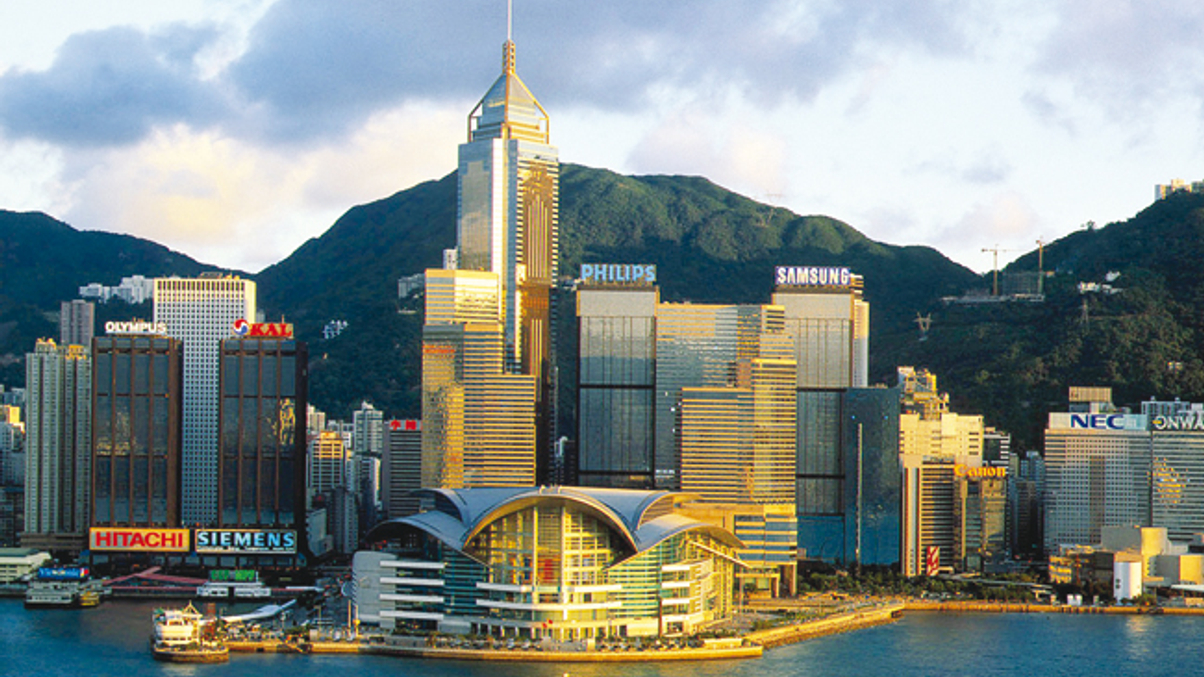HK millionaires increasing mutual fund exposure
A rising 55% of Hong Kong dollar wealthy were invested in mutual funds in 2011, yet funds finished bottom in terms of investment tools they felt positive about while RMB savings came top.

Hong Kong dollar millionaires are increasingly investing into mutual funds, RMB products and foreign currency, although their number is on the decline in the city, new research finds.
Sign in to read on!
Registered users get 2 free articles in 30 days.
Subscribers have full unlimited access to AsianInvestor
Not signed up? New users get 2 free articles per month, plus a 7-day unlimited free trial.
¬ Haymarket Media Limited. All rights reserved.


